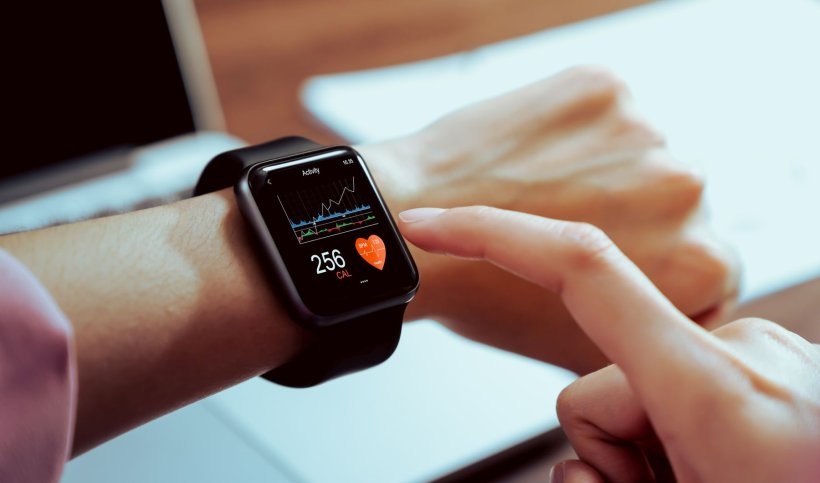
Washington: A new study claims Wearable devices such as smartwatches could be used to detect a higher risk of developing heart failure and irregular heart rhythms in later life.
The peer-reviewed study, published in The European Heart Journal -- Digital Health, looked at data from 83,000 people who had undergone a 15-second electrocardiogram (ECG) comparable to the kind carried out using smartwatches and phone devices.
The researchers identified ECG recordings containing extra heartbeats which are usually benign but, if they occur frequently, are linked to conditions such as heart failure and arrhythmia (irregular heartbeats).
They found that people with an extra beat in this short recording (one in 25 of the total) had a twofold risk of developing heart failure or an irregular heart rhythm (atrial fibrillation) over the next 10 years.
The ECG recordings analysed were from people aged 50 to 70 who had no known cardiovascular disease at the time.
Heart failure is a situation where the heart pump is weakened. It cannot often be treated. Atrial fibrillation happens when abnormal electrical impulses suddenly start firing in the top chambers of the heart (atria) causing an irregular and often abnormally fast heart rate. It can be life-limiting, causing problems including dizziness, shortness of breath and tiredness, and is linked to a fivefold increased risk in stroke.
Lead author Dr Michele Orini (UCL Institute of Cardiovascular Science) said: "Our study suggests that ECGs from consumer-grade wearable devices may help with detecting and preventing future heart disease.
The study involved researchers at UCL Institute of Cardiovascular Science, the MRC Unit for Lifelong Health and Ageing at UCL, Barts Heart Centre (Barts Health NHS Trust) and Queen Mary University of London. It was supported by the Medical Research Council and the British Heart Foundation, as well as the NIHR Barts Biomedical Research Centre. (with ANI inputs)







